Today, I Need To Talk About My Depression
This morning, Autumn sun shines through the north-facing window as magpies gather on the grass and call to one another with their indignant warbles. I gaze out the window and watch as geese stroll in their clumsy line to the fruit trees down the hill, while the hum of the dishwasher and the crackle of the fire compete with the silence of the house. There is life and movement and sound, and I am present and grounded at this moment.
It’s difficult on days like this when I feel so stable, so balanced, to imagine I can be anything other than this. It’s easy to believe I can, and will, always stay in this place of lucid rationality. But I have battled on the frontline of my depression for long enough now to accept its relentless stealth, the way it rests in my blind spot and edges in without a sound when I am unprepared and least aware and leaves me powerless to fight against the weight of it.
Related: Depression Is More Than ‘Just Being Sad’
Rich Larson wrote an article this week in response to the death of Chris Cornell, in trying to understand why this particular loss has affected him so much. He writes,
<“…his is the death that bothers me the most. As I’ve been thinking about this, I’m realizing that it’s both a personal and a generational thing. Cornell had a long struggle with depression. As have I… we talk about it as a demon or a monster. It’s a dark shadow that shows itself at any point in time without warning. It surrounds us, isolates us, and quiets us… You might think grunge is about anger, but that’s not completely true. Yes, it can sound that way, but it’s really about depression and cynicism. Those two go hand-in-hand, along with their nasty little sister, anxiety. When the three of them get going, they just eat hope as quickly as it can be summoned. That leaves despair and despair is exhausting, not just for those who experience it, but for the people around it as well. So we keep it to ourselves because we don’t want to be a burden… depression makes you feel totally alone. You hit the breaking point, and then, like Chris Cornell, you die alone in the bathroom…”
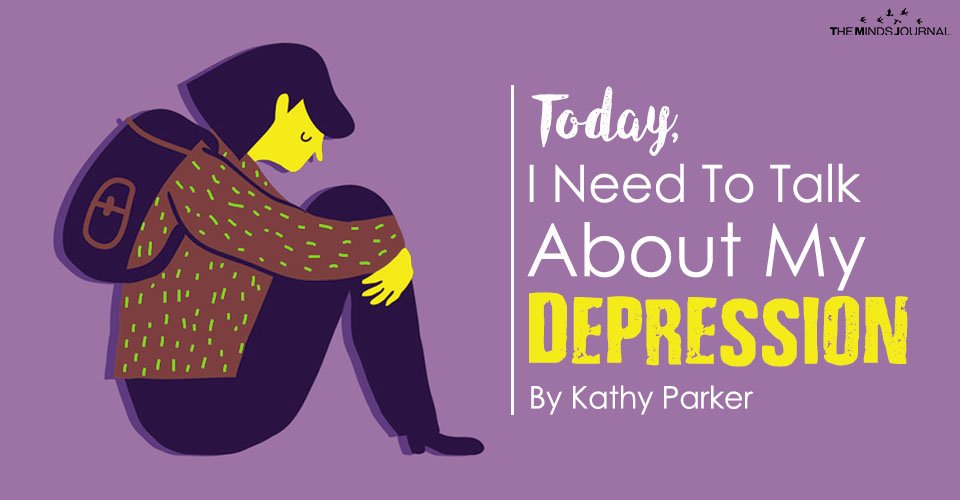
We speak words like shock and tragedy and loss and try to make sense of why a man who had the adoration of the world upon him would take his own life, alone, in a hotel bathroom. There is such suddenness to it, such harsh abruptness as if it should have been a decision he made on a drug-induced irrational whim.
Watch the video of Jake Tyler talking about depression
And maybe we would understand it more if it were, and maybe it would seem more palatable to our tongues to blame drugs than to have to face the fact we are no less immune to being caught in the clutches of darkness as he was. As anybody is. Maybe it’s just too real to those of us who don’t have to try as hard as everyone else to make sense of it all.
I don’t know how to get away from it, from the darkness that falls upon me. I scratch and claw at it, but it lands and it lands and it lands and I am smothered by it until there is no more light but suddenly the darkness is no more my enemy, it is no longer feared, I welcome it and embrace it and tell it to make its home here for I too am darkness and I’m tired of fighting this and I don’t want to fight this anymore.
These are the words I wrote.
Not years ago or months ago or in some other lifetime.
These are words I wrote two days ago.
Two. Days. Ago.
I read these words back now and in all honesty, I’m scared of them. By how powerless I felt under the weight of darkness. By how hard it was for me to fight against it. It’s difficult to articulate what goes on in these moments of despair. People, in their ignorance, often talk about suicide being selfish. Yet I’m quite sure the heart of those who take their own lives all beat to the same conviction. They’d be better off without me. These are not self-indulgent words spoken in the hope of attention and appeasement, but words that rise from the darkest corners of the soul and fill bodies and rush through veins and sit upon bones until we become so laden with the heaviness of these words we cannot fight against them any longer.
The days that led up to the words I wrote were filled with darkness, heaviness, bleakness, numbness, hopelessness. I felt like a failure. I felt like inadequacy. I felt I could do nothing right, that nothing I did was good enough. I felt I was letting everyone down, that I couldn’t keep up, that I was a disappointment to those around me.
Mostly, I felt consumed by my own self-loathing. Because in my times of darkness, I cannot love the way others need me to love them. This is part of my brokenness, part of my PTSD, part of the unhealed wounds I carry in my soul. I simply do not have the capability to love others when my heart is so numb I can’t even feel it beat inside my own chest. I see the way those who love me are hurt by this. They think this is a choice I make; to not love. They have no idea of the pain and grief it causes me. They blame me, and I blame me, and I am left even more isolated and alone in the ways, they will never – could never – understand my heart.
Related: To Anyone Who Has Ever Lived With Depression
And in these times of darkness, it only seems logical that others would be better off without me. That those who love me would never have to suffer a love that is often only returned with ambivalence at best. That I would never have to look into the eyes of those around me and see my own failure and disappointment reflected back at me. That I would no longer hurt those who least deserve it because I am incapable of being anything other than a broken, f*cked up mess.
Of course, none of this is rational. But it never is.
And the thing is, if you’d seen me two days ago, you wouldn’t have known. Maybe I’d have seemed a little distant, a little distracted. Not quite myself. I’d likely have still smiled as we said hello, only to look away from a little too fast before you noticed the way my smile didn’t reach my eyes.
Depression is something we don’t talk about. It’s something we pretend isn’t a thing, at least not one we suffer with. We say words like fine and good and okay as a shield to deflect any possible further questions that might expose our shame. Because secretly, we lug around the stigma that something is wrong with us, and our worst fear is that someone will see our depression, and confirm our fears are right.
We carry the burden on our own because we fear the weight of it, and are loathed to break the back of another by asking their help to carry it too. We fear being misunderstood, being seen as self-indulgent or self-pitying. We fear the risk of vulnerability in the face of potential dismiss or disregard. We fear we are just too much. Too much emotion, too much pain, too much sadness, too much darkness.
Also read: High-Functioning Depression – What It Feels Like
Too much trouble.
Until eventually, we have fought on our own and in silence for so long our bones ache and our shoulders slump and we are too tired to even lift our heads and we take our own life in a hotel bathroom.
Depression doesn’t play favorites. It doesn’t discriminate. It is you. It is me. It is Chris Cornell. It is insidious and we cannot take it upon ourselves to assume who we think should or shouldn’t suffer this relentless darkness. It cannot be hoped away, prayed away, sent away with token words and a pat on the back.
What it needs is to be understood.
To know depression is not a failure. To know it is not a weakness. To know there is no fault and no blame. To know how strong we really are to continue the fight when every breath is a battle won. To know we are doing the best we can, and that will always be enough.
To know, most importantly, we are never alone.
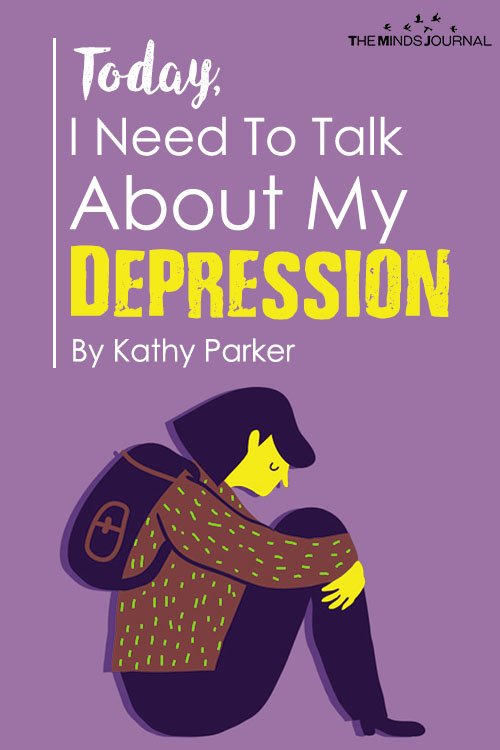
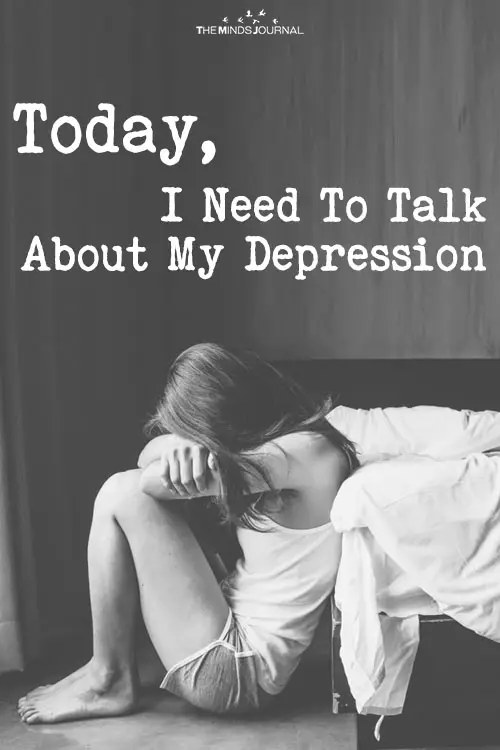
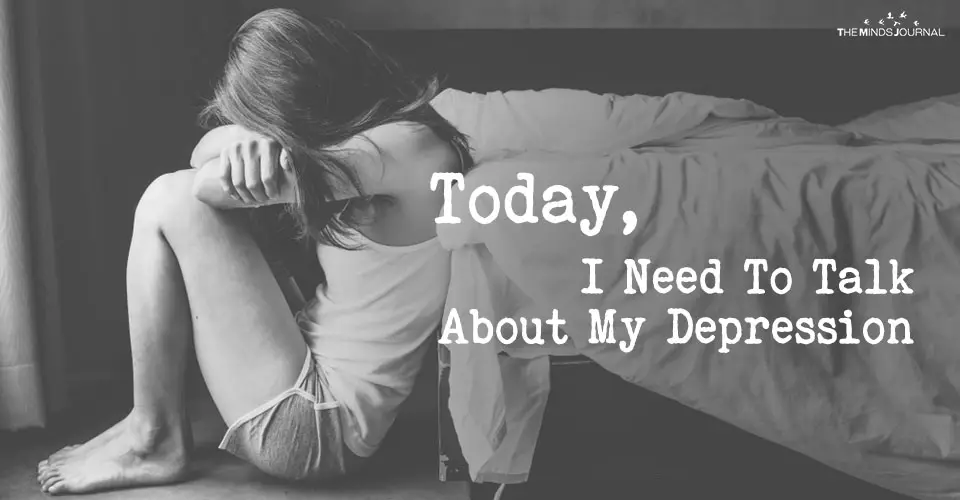
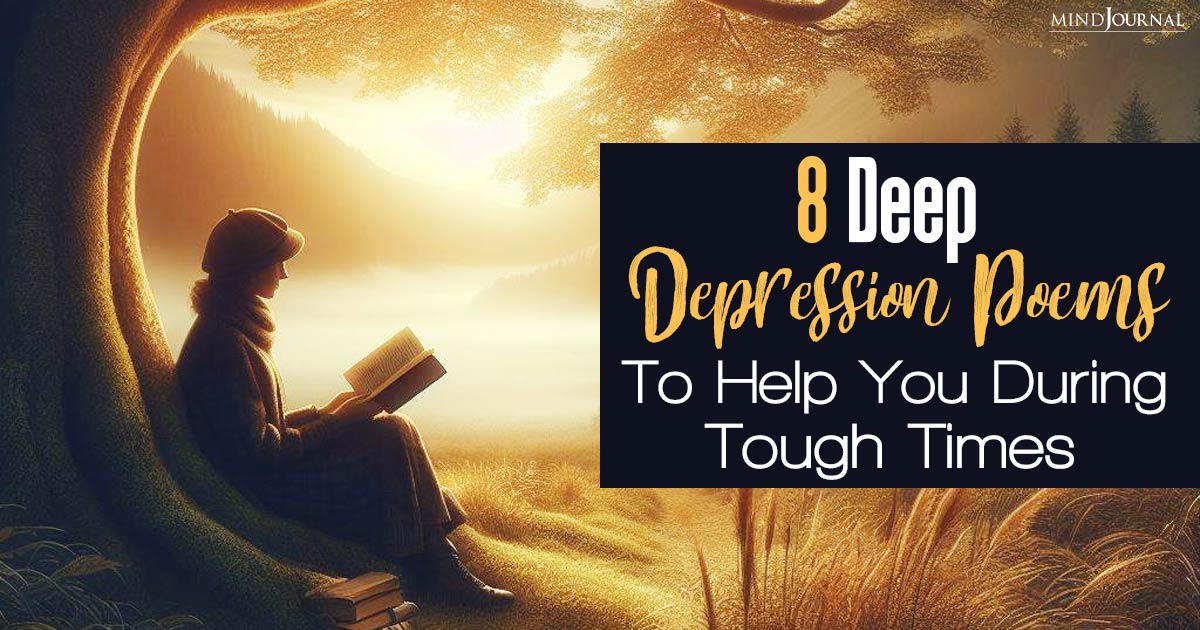
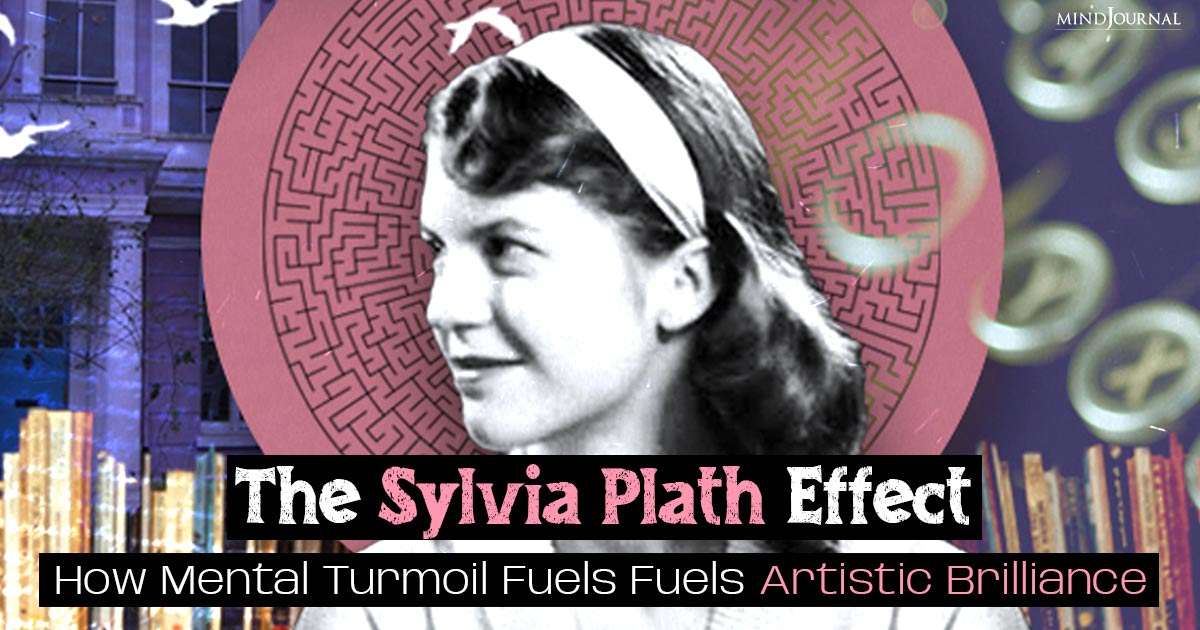
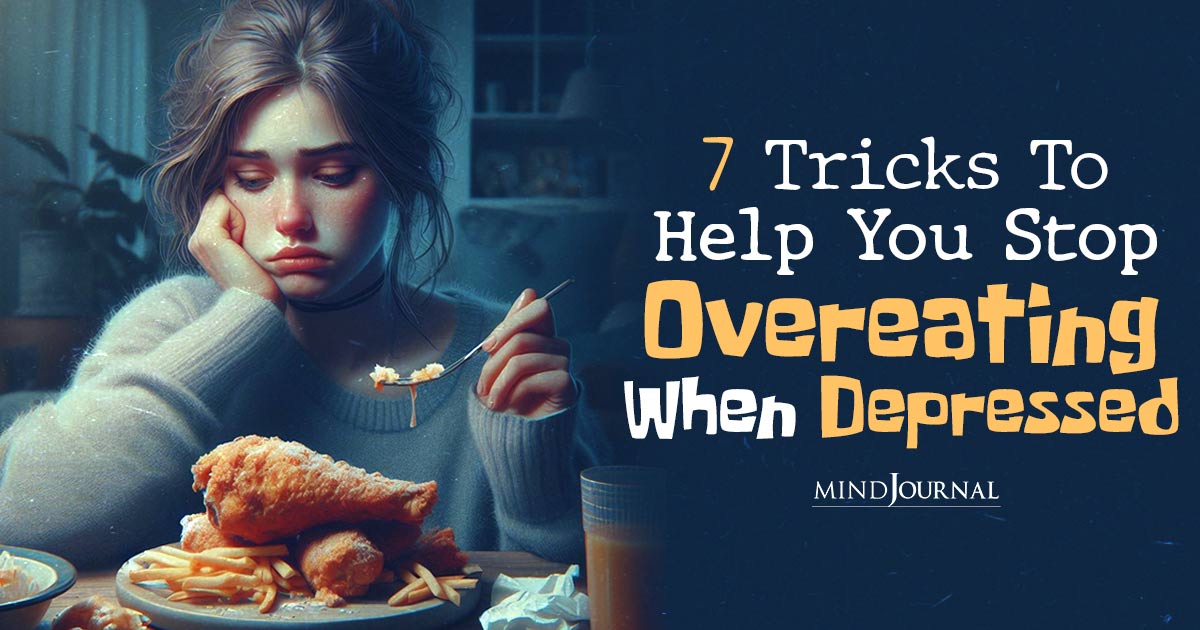
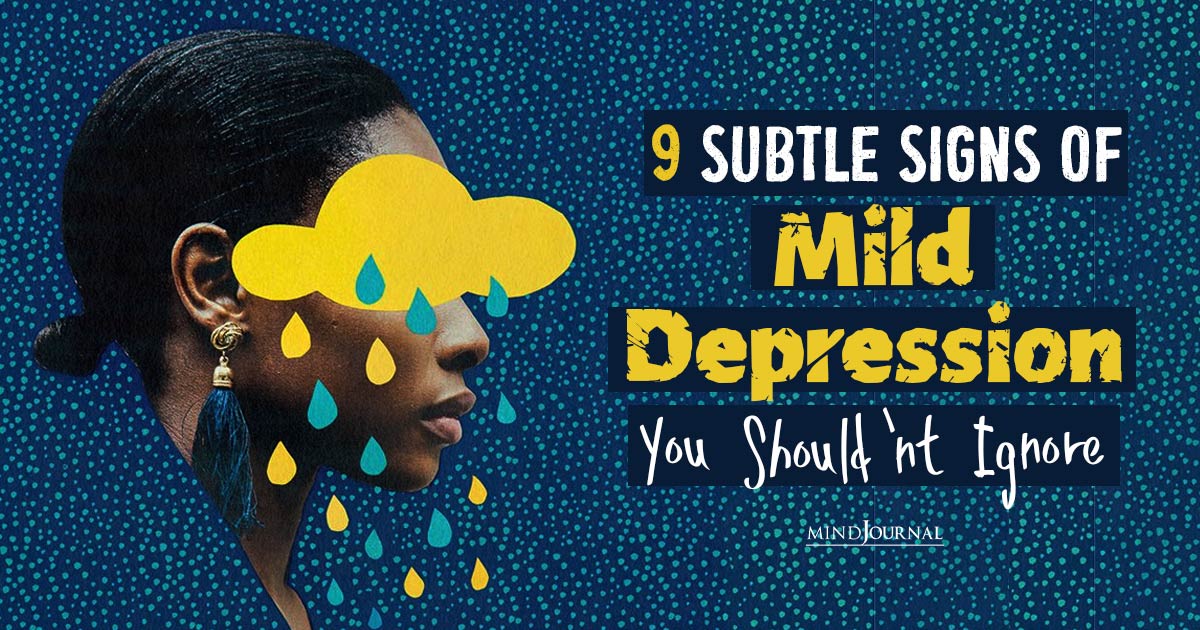
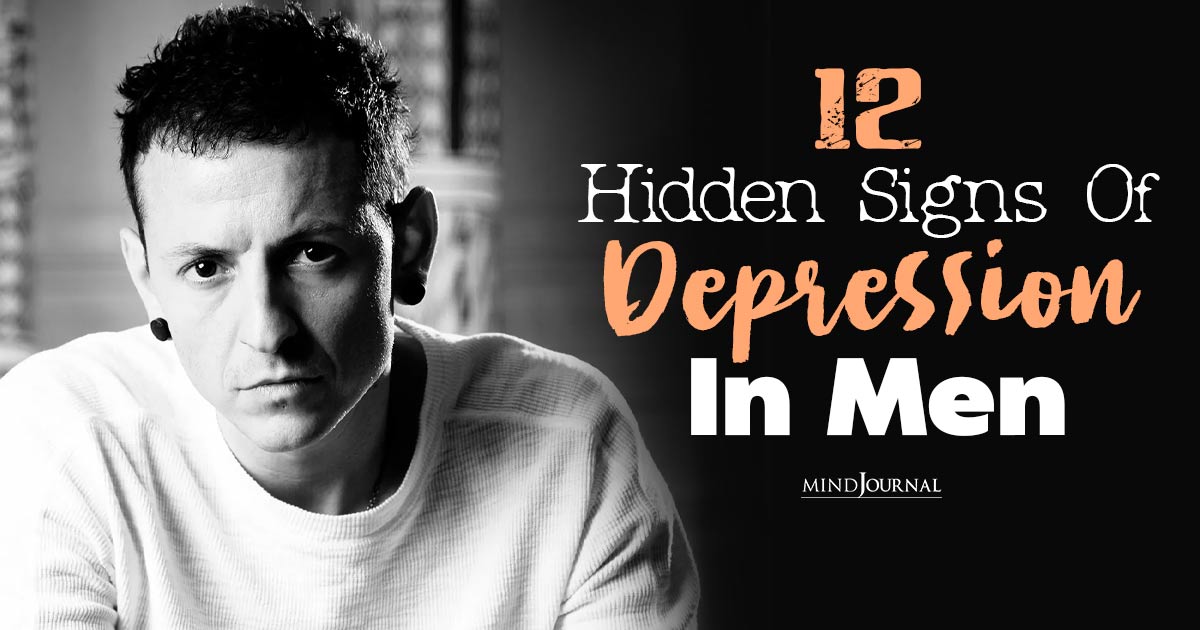
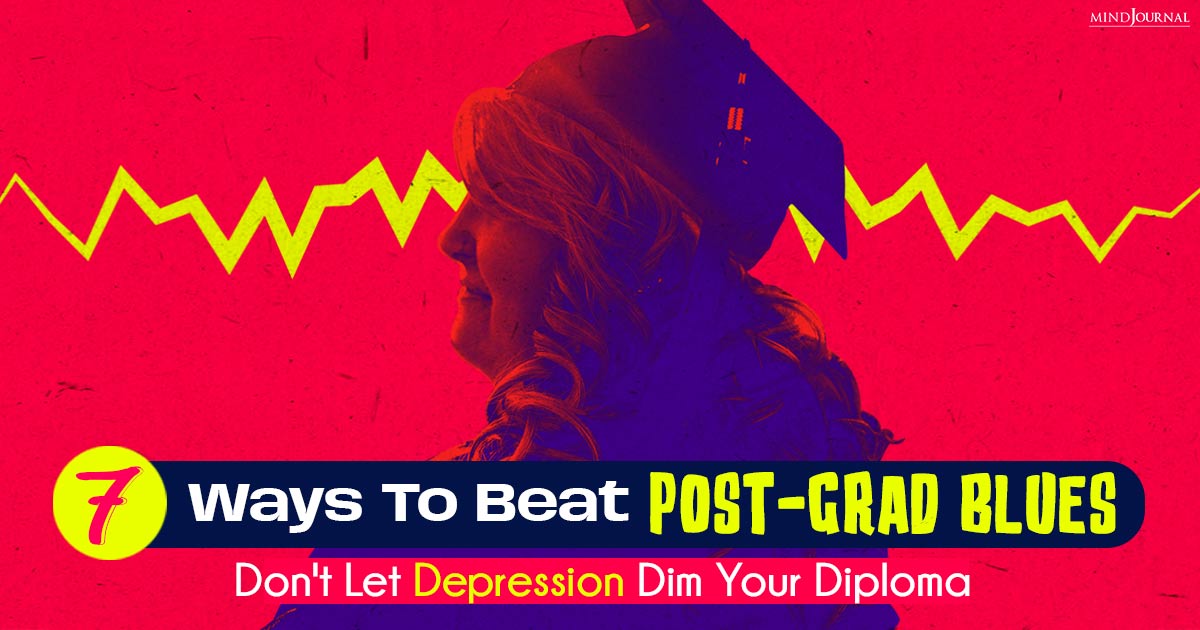
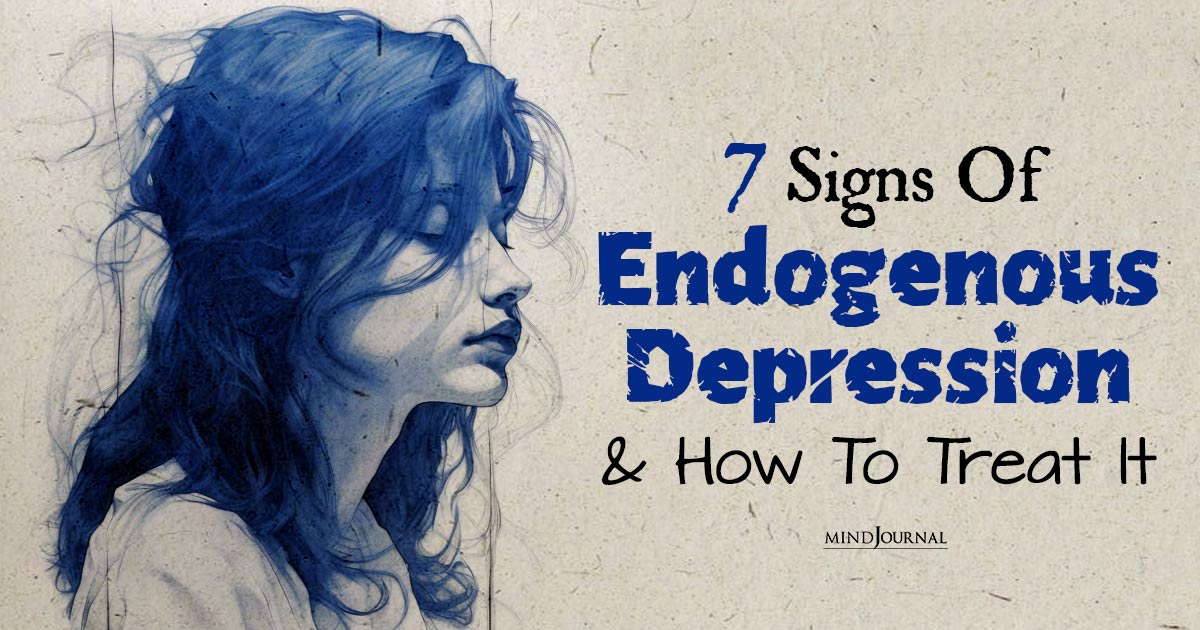
Leave a Reply
You must be logged in to post a comment.